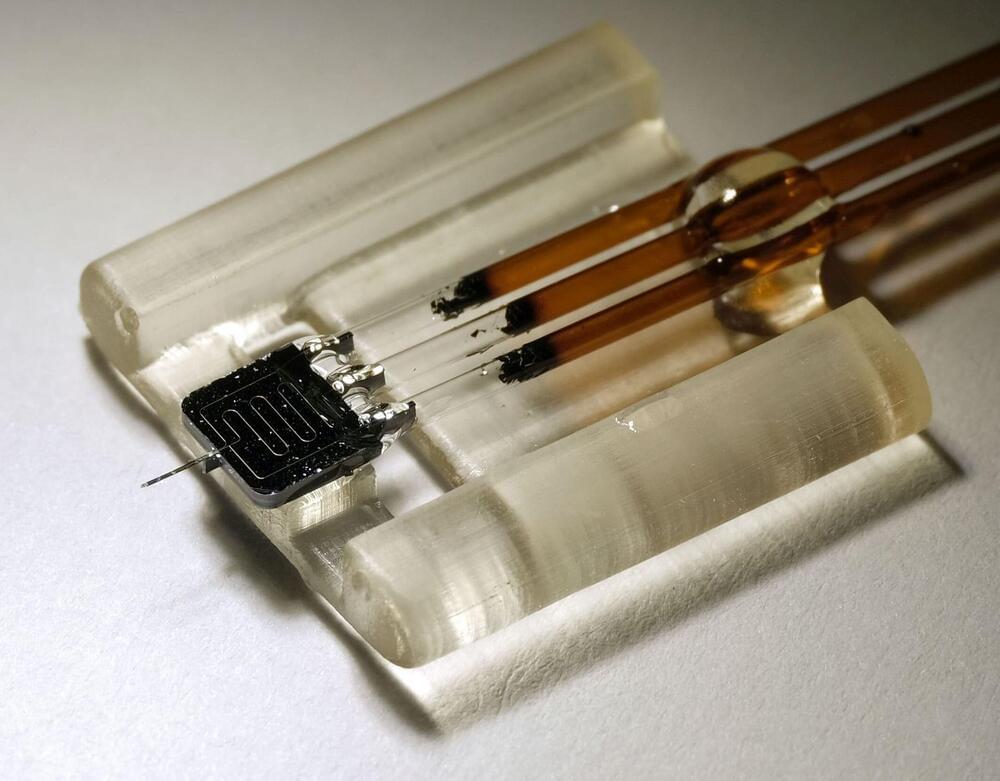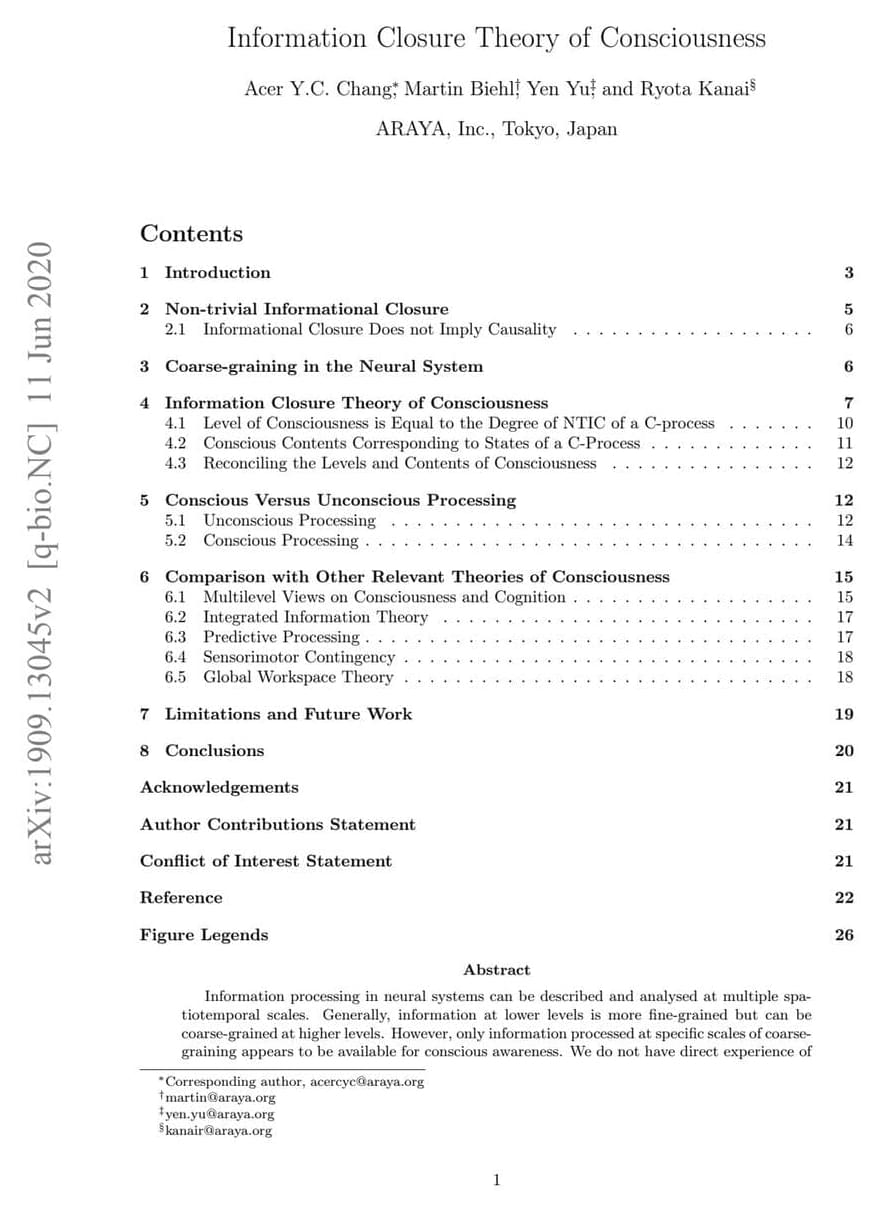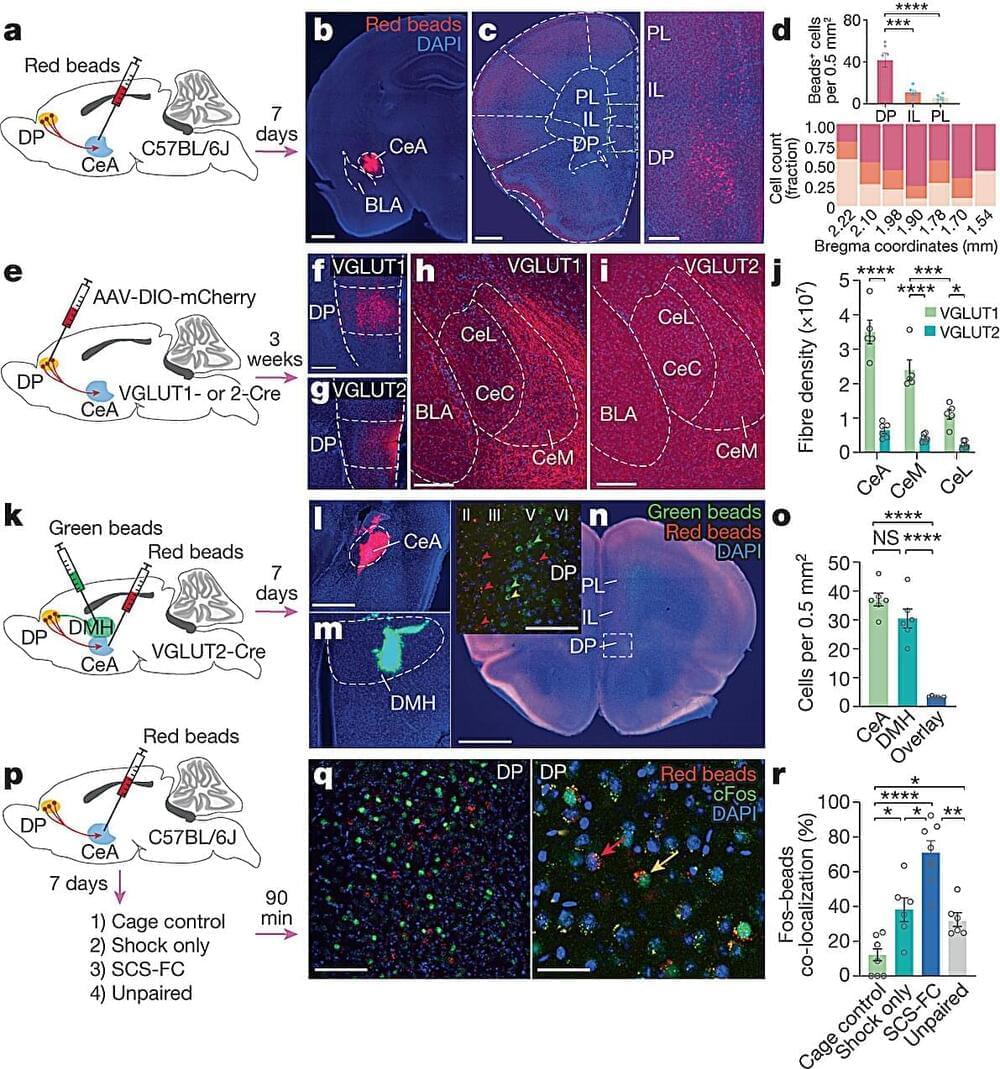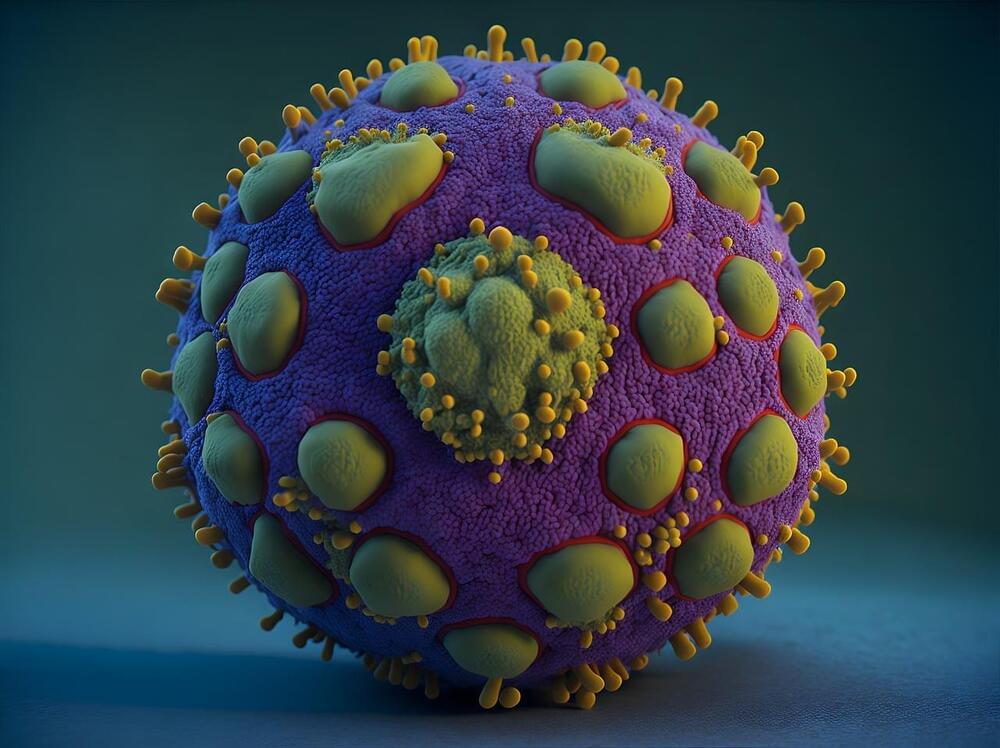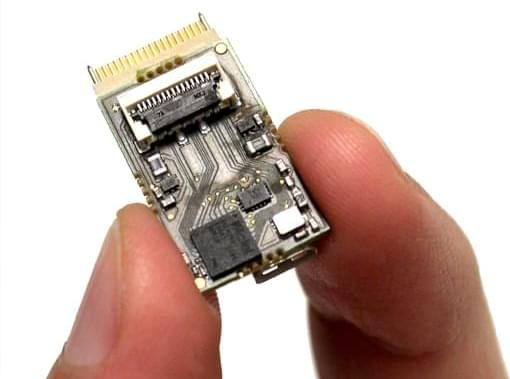Feb 25, 2024
Research team develops nanoscale device for brain chemistry analysis
Posted by Genevieve Klien in categories: biotech/medical, chemistry, nanotechnology, neuroscience
Longstanding challenges in biomedical research such as monitoring brain chemistry and tracking the spread of drugs through the body require much smaller and more precise sensors. A new nanoscale sensor that can monitor areas 1,000 times smaller than current technology and can track subtle changes in the chemical content of biological tissue with sub-second resolution, greatly outperforming standard technologies.
The device, developed by researchers at the University of Illinois Urbana-Champaign, is silicon-based and takes advantage of techniques developed for microelectronics manufacturing. The small device size enables it to collect chemical content with close to 100% efficiency from highly localized regions of tissue in a fraction of a second. The capabilities of this new nanodialysis device are reported in the journal ACS Nano.
“With our nanodialysis device, we take an established technique and push it into a new extreme, making biomedical research problems that were impossible before quite feasible now,” said Yurii Vlasov, a U. of I. electrical & computer engineering professor and a co-lead of the study. “Moreover, since our devices are made on silicon using microelectronics fabrication techniques, they can be manufactured and deployed on large scales.”
